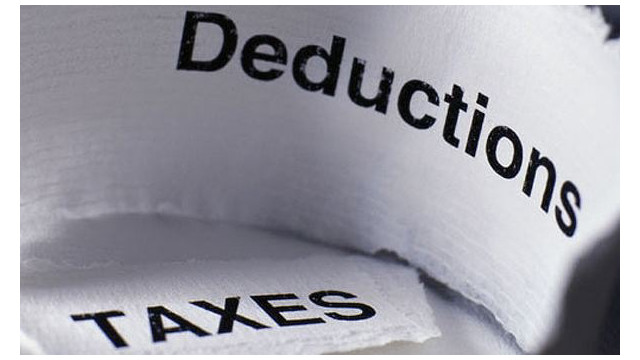Representatives from the New Jersey Society of Certified Public Accountants (NJCPA) participated in a press conference on Feb. 24, 2022, hosted by Assembly Speaker Craig Coughlin and the New Jersey Higher Education Student Assistant Authority to highlight a new law that benefits New Jersey students.
On June 29, 2021, the New Jersey Legislature passed the New Jersey College Affordability Act. The bill provides several benefits to New Jersey residents seeking higher education, including:
- A one-time grant of up to $750 (dollar-for-dollar match) when an NJBEST account is initially opened by a taxpayer who has $75,000 or less in gross income;
- A tax deduction of up to $10,000 for amounts contributed to an NJBEST account by a taxpayer who has $200,000 or less in gross income;
- A tax deduction of up to $10,000 for tuition amounts paid to an in-state higher education institution by a taxpayer who has $200,000 or less in gross income; and,
- A tax deduction of up to $2,500 for principal and interest amounts paid on a student loan under the NJ CLASS Program by a taxpayer who has $200,000 or less in gross income.
As of 2021, the total outstanding student loan debt for the 1.3 million New Jersey borrowers is nearly $50 billion, according to student loan education website Student Loan Hero. The average outstanding balance per borrower is estimated at more than $33,000. Debts incurred to fund postsecondary education prevent students from buying homes, starting families and saving for retirement, among other major life decisions and purchases. According to a 2019 poll conducted by the NJCPA, 79 percent of respondents indicated they have at least one client or client family member who put off major life decisions and purchases because of their student loan debt obligations.
“We applaud Assembly Speaker Coughlin and members of the New Jersey Legislature for passing this important piece of legislation,” said Melissa Dardani, CPA, founder of MD Advisory and member of the NJCPA Student Loan Debt Task Force. “College costs have skyrocketed in recent years, without a proportional increase in starting salaries for graduates. These new measures will help more New Jerseyans pursue a college or other postsecondary education.”
Thanks for reading CPA Practice Advisor!
Subscribe Already registered? Log In
Need more information? Read the FAQs
Tags: Benefits




